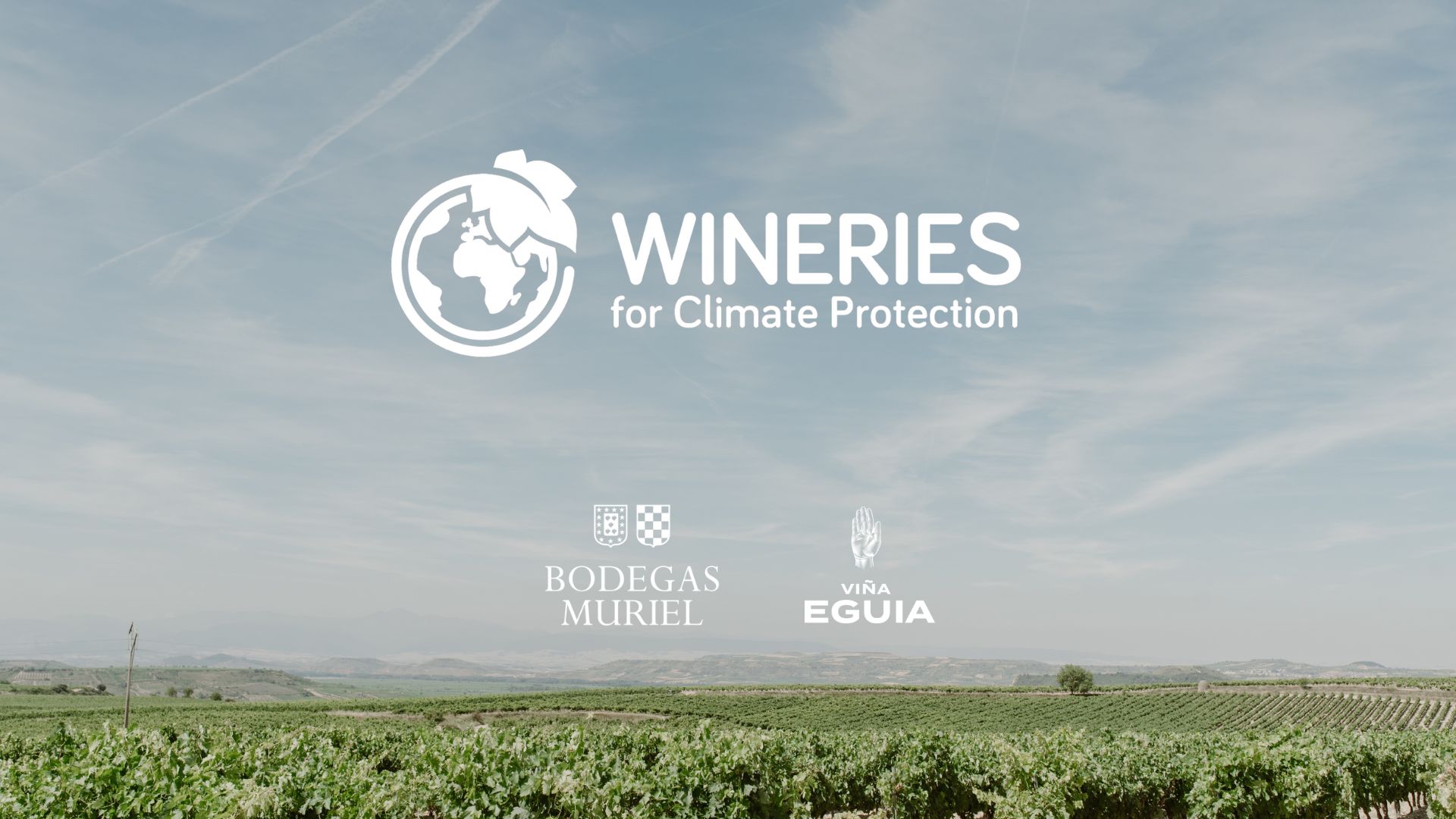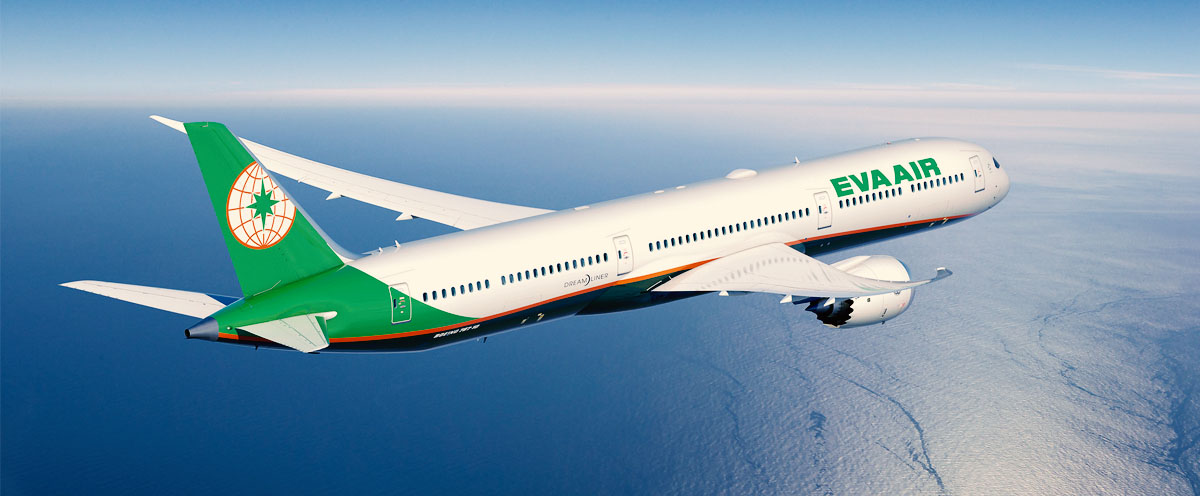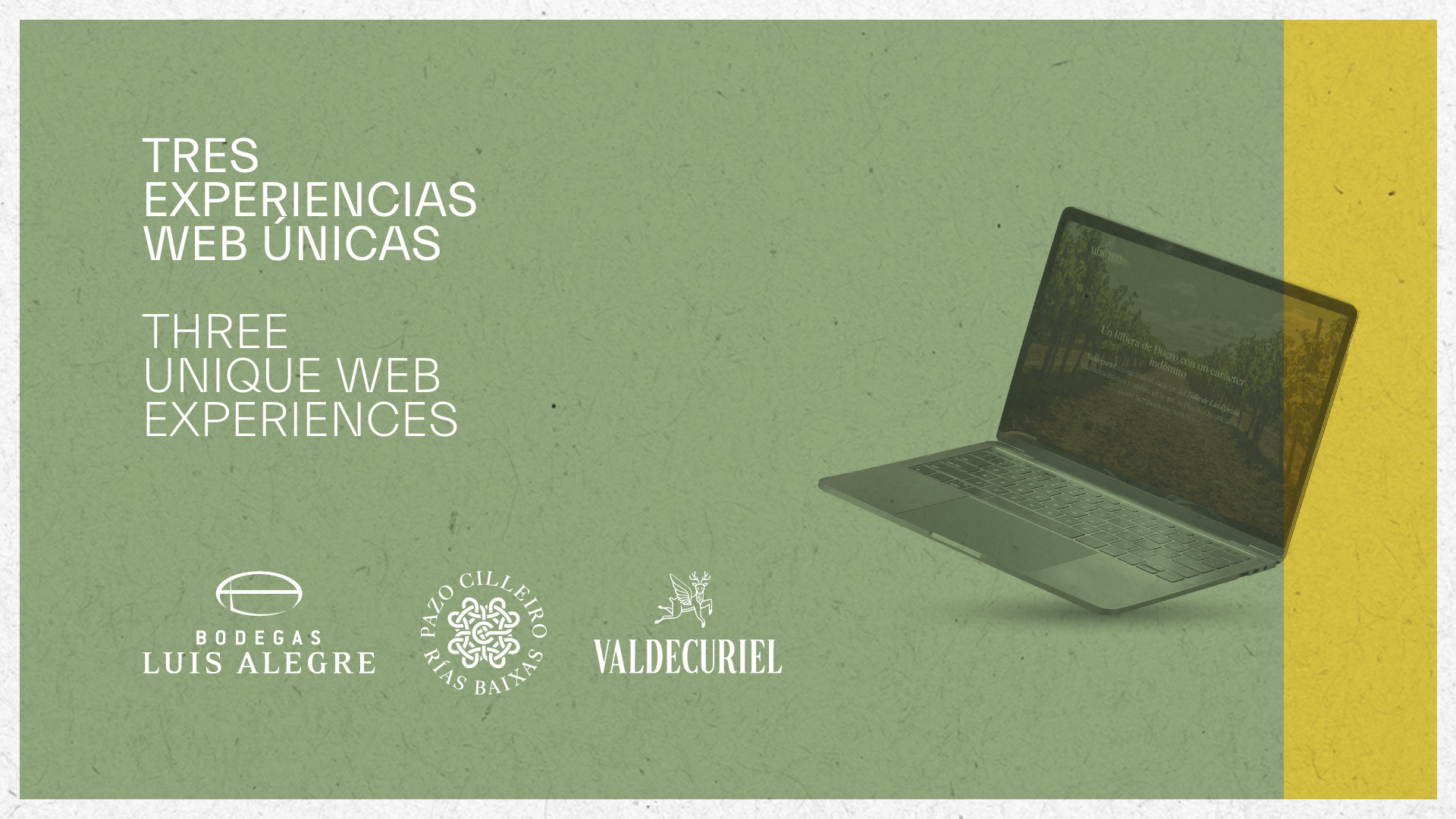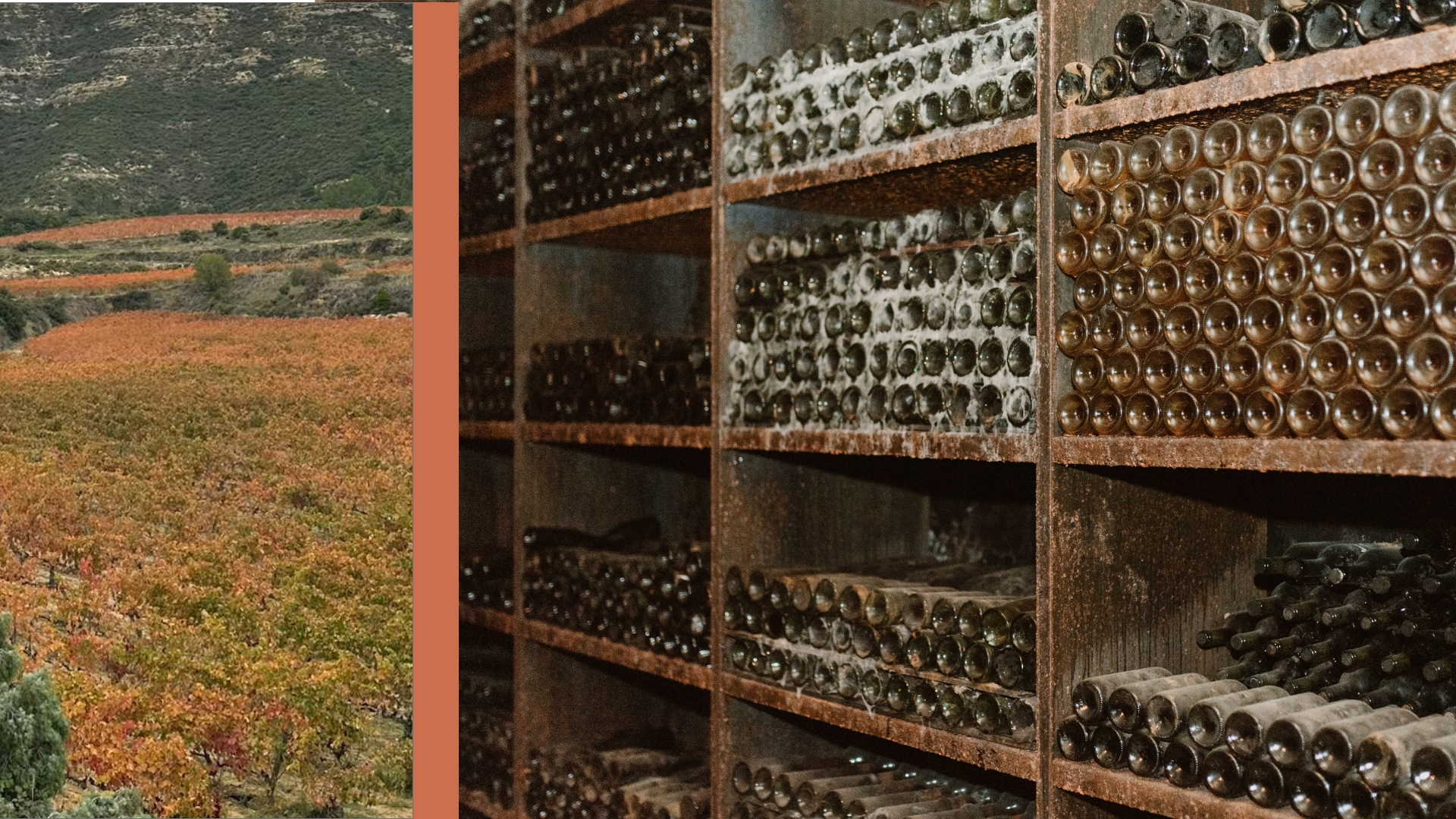In memory of José Luis Garayoa
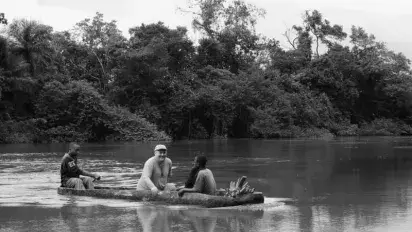
Missionary and friend, he was our inspiration for Fundación Maga in Sierra Leone
Luis more than 10 years ago in Sierra Leone. He was working there and his energy, strength and confidence inspired us to build the first schools in the country. The work of José Luis, his willingness to help and his bright, passionate and optimistic character have always inspired the projects of Maga Foundation in this West African country.
At the end of 2020, José Luis Garayoa died from Covid-19. Since 2016, he had been in charge of the Augustinian Recollects mission in El Paso (Texas), which is devoted to assisting Latino immigrants who cross the border.
This article reproduces an interview with him in 2019 which was published in the book commemorating the 10th anniversary of the Foundation.
May his words serve as a tribute to his life and, once again, as an inspiration to us all.
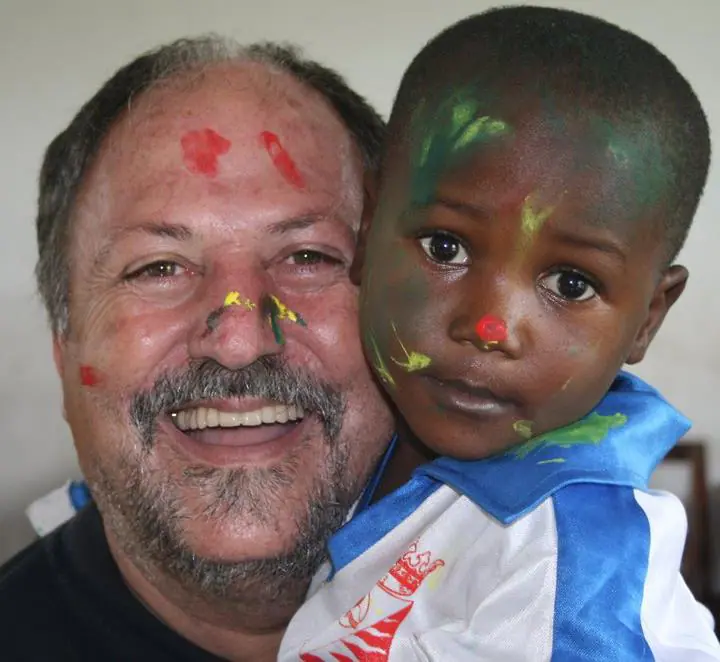
Words by José Luis Garayoa Missionary
"If you want to set someone free, teach them to stand on their own two feet"
When I arrived in Sierra Leone I felt as if I had stepped into a time tunnel and gone back centuries. You sit down and you have no idea where to start: education? health? catechetical ministry? And that's when you realise that the first duty you have is pretty much the same as a firefighter's: putting out fires. With the help of Spanish volunteers we tried to develop a basic health infrastructure and create a fund for referrals to the Holy Spirit Hospital in Makeni (capital of Biriwa Chiefdom). Every summer doctors, dentists, engineers, etc. came to attend to the most serious cases and to provide the Kamabai Mission with a basic structure to be able to set up a food and teaching supply chain.
How did you come across Fundación Maga?
I got in touch with Fátima Iturriaga and Natalia Murúa. The time spent with them was fantastic and they both shared our lives and dreams. Worthy of mention are the lentils that they prepared for us in a true demonstration of their culinary skills ?they wouldn't be out of place in the MasterChef TV show.
A sincere friendship was forged over 20 days. In all our conversations, Natalia kept saying to me: "You have to convince my brother Javier." I am known to be quite persuasive, so I accepted the challenge of being screened by Javier Murúa. I think I passed the exam with flying colours ?the fruit of that meeting was not only the construction of two schools, two wells and the university scholarships, but also a beautiful friendship that endures over time. Whenever possible, we strengthen it with a traditional plate of potatoes with meat at Bodegas Muriel, or with my sister Isa's doughnuts in Viana.
How did you cope with your return to Sierra Leone after being kidnapped in 1998?
The return was a moral pledge made during my captivity: "If I survive, dear God, I promise to pray for this and that... and to give these people no less than five years of my life". My prayers were so intense that I asked all the cloistered convents of the Augustinian Recollect Sisters in Spain to help me repay the debt. I know that they prayed for me and that the prayers of so many people played a big part in my liberation.
Sierra Leone became my pending assignment.Just as my desire to return was waning because of the delay, I was offered to go back because the war was over and disarmament made reconstruction possible. I returned in September 2005. To those who asked me if I wasn't afraid, I replied that God assigned each of us a share of fear and that I had already used it all up during my captivity. Besides, Sierra Leone had left in me more nostalgia than pain. And I had fallen in love with its people.
What was your work in Sierra Leone?
My task in Sierra Leone was to work in development. In addition, I was appointed Manager of the schools. And I was given a title: Grandpa. I am still proud of it.
If you want to set someone free, you have to teach them to stand on their own two feet. And for that, there is nothing better than education. At times, sitting on the porch, you feel too small to take on such an immense task, and you feel like returning to your country and forgetting your promises. I let off steam by writing at night and sending what I wrote to family and friends. Eventually it turned into a blog: Africa in the heart. Writing became akin to sitting down with your friend over a cup of coffee. It was the beginning of a wonderful volunteering experience. Countless professionals and friends offered themselves to share my adventure giving the best that any person can offer: their time and joy. I don't dare mention names because it would be unfair to forget someone, but the fruits of their help was the dentist's practice, the carpentry workshops, welding, sewing, the greenhouse, the cows, the solar panels, the volunteers' house, the schools, the wells, the operations carried out, the scholarships, the campaigns against female genital mutilation, the chapels... If ever there was a place where I witnessed the Revolution that love is able to accomplish, it was in Sierra Leone.
Life has now taken me in other directions, but I still remember it (it lives in my heart) every day. And it is not rare for me to cry when I look at photographs of those wonderful years.
What is it that divides or unites people in such different places?
Saying in a Spanish school that four out of 10 children in Sierra Leone die before their 5th birthday does not strike a chord with the listeners: it's just numbers. Everything changes when you take one of those children in your arms and they look into your eyes. Nothing is quite the same when someone dies next to you and you are certain that elsewhere in the world and under different circumstances he or she could have been saved. Indifference stops with proximity. Our best qualities emerge when we are able to overcome our fears. Fear kills the human heart. Fear makes us look the other way.
I suffered greatly listening and reading opinions when my dear friend, Manuel Garcia Viejo, a brother of St. John of God, who was sick with Ebola, was repatriated. They said that he should stay in Sierra Leone to die and avoid endangering the Spanish population. They argued that he should accept the consequences of having gone to Africa. Manuel was from Zamora, and it was Spaniards who denied him the right to return to his country to die. Manuel became infected after helping a 15-year-old girl give birth. And he gave his life for her because they were united in heart. Goodness and evil inhabit the heart of the human being. Wherever I am and wherever I travel, my heart will go with me. If it is good, I will feel like a brother and friend to the people I meet on my way regardless of race or creed. And if my heart is indifferent, selfish and evil, the fear of losing what I consider my rights will drive me to isolate and detach myself.
Why did you decide to stay in Sierra Leone even during the Ebola epidemic?
For love and for the sake of being coherent. I have preached ad nauseam that if you love, you must do so for better or for worse, in health and in sickness. And it is precisely in the bad moments that you discover the measure of your heart.
I spent the epidemic with Rene, my brother, friend and fellow Augustinian Recollect. It would have been impossible without him. We supported each other and cried our eyes out together out of helplessness: we could do nothing but run from village to village carrying rice, recommending isolation, offering comfort. We talked about taking care of ourselves, because we wouldn't be of much help if we became infected. But on the day-to-day, it was very difficult. How do you tell Ibrahim, a child who always runs to greet you when you arrive in his village, that he can't hug you now? He died of Ebola, but I welcomed his hug. I couldn't refuse it and let him go.
I remember an elderly Muslim man. One day, as he left the mosque, he joined me as we walked: "Grandpa, if you leave, what hope do we have? Rene and I talked about it many times. We would not leave them to fend for themselves, we could not continue with our safe and comfortable life.
Pope Francis reminds us that the shepherd must smell of sheep. And for the smell to permeate, the shepherd must mingle with the animals. And, above all, the good shepherd does not run away when he senses the wolf coming, be it malaria or ebola.
What are your best and worst memories of the country?
In Sierra Leone I witnessed the worst and best of human beings. I have seen atrocities being committed with my own eyes but, on the other hand, when I was kidnapped and while I was being held at gunpoint on the ground, a young man who did not know me said: "don't kill father, kill me". I met him in Magbeseneh hospital upon my return to the country and he asked me why I had come back. I replied that I wanted to repay him for his beautiful gesture to me.
Tell us about your experience building projects with us.
The best project with Fundación Maga was to feel like they were my family. Now that I work with immigrants in El Paso, Texas, I continue to enjoy their friendship and love, and they continue to support me in the needs that arise in this new adventure. Julián, Javier, Natalia, Elena, Almudena..., Bodegas Muriel, the doughnuts..., they are all forever part of my life and my affections.
A large part of my heart stayed in Sierra Leone. Theirs continues to beat in that country, in the projects undertaken in my time (schools in Kathombo and Kasengbeh, each with their own drinking water wells) and in the projects that they still carry out in support of the Poor Clares Sisters.
May God bless you for your generosity and may he repay you greatly for the love you share with the poorest.
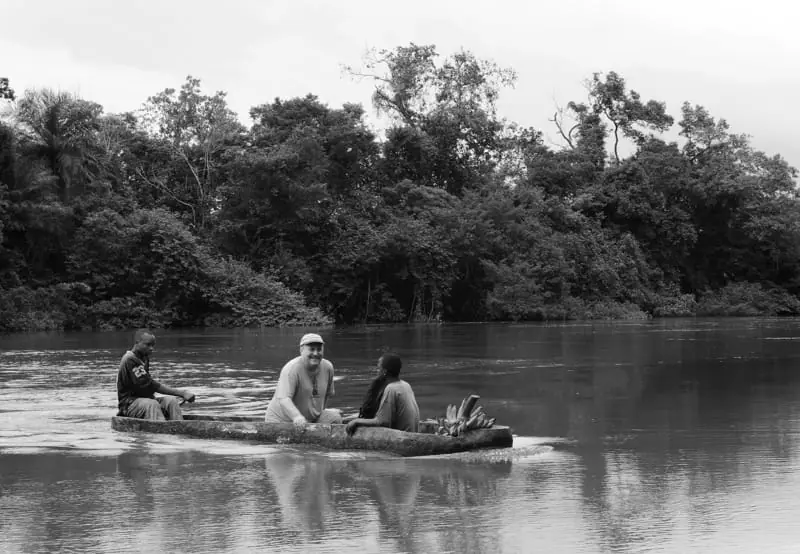
You may also be interested in:
